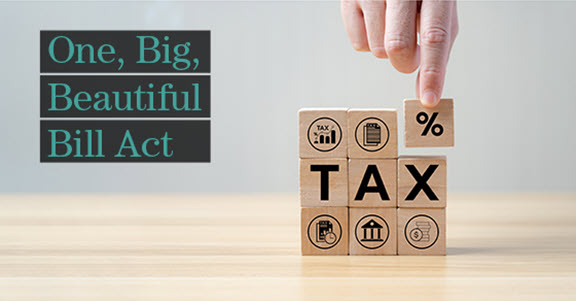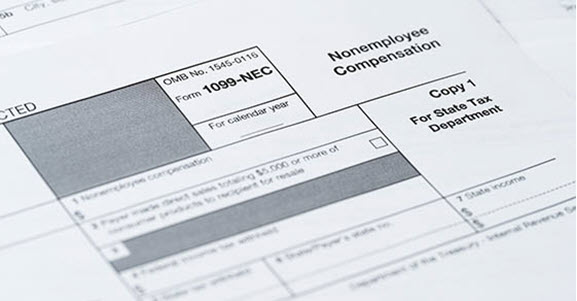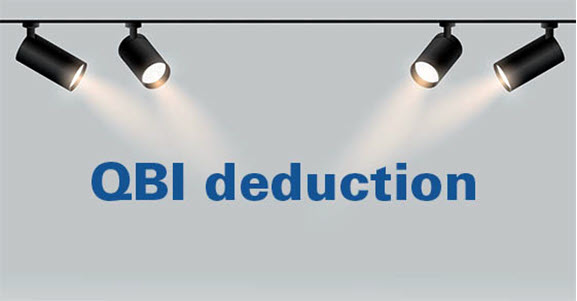On July 4, the One Big Beautiful Bill Act (OBBBA) was signed into law, introducing sweeping tax reforms that will significantly impact small business owners across the country. From generous new depreciation deductions to expanded credits and revised interest expense rules, the law brings both opportunities and challenges. Here’s a breakdown of the most important tax changes every business owner should understand.
100% Bonus Depreciation Reinstated
One of the most notable changes is the permanent return of 100% bonus depreciation for qualified assets placed in service after January 19, 2025. This replaces the reduced 40% bonus rate that would have otherwise applied and enables businesses to deduct the full cost of eligible property in the first year.
Eligible assets include:
-
Equipment and machinery
-
Computer systems and software
-
Certain vehicles
-
Qualified Improvement Property (QIP)
Expanded First-Year Depreciation for Production Property
Under the OBBBA, qualified production property (QPP)—nonresidential real estate used in manufacturing or similar production activities—can also benefit from 100% first-year depreciation.
Key rules:
-
Construction must begin after January 19, 2025, and before 2029
-
Property must be placed in service in the U.S. or its possessions
-
QPP must be used in tangible goods production, not administrative or R&D roles
Section 179 Expensing Doubled
Beginning in 2025, small businesses can now deduct up to $2.5 million under Section 179 expensing, up from $1.25 million. The phase-out threshold increases to $4 million.
Adjustments for inflation will begin in 2026.
Section 179 applies to the same property types eligible for bonus depreciation and includes additional items like:
-
HVAC systems
-
Roof improvements
-
Fire protection and alarm systems
-
Lodging-related furnishings and equipment
R&D Expense Write-Offs Accelerated
The OBBBA allows businesses to immediately deduct eligible domestic research and experimental (R&E) expenses incurred starting in 2025. Previously, these expenses had to be amortized over five years.
Retroactive benefit:
Businesses can apply this rule back to tax years after 2021, and R&E costs incurred between 2022 and 2024 can be written off over one or two years starting in 2025.
Enhanced Business Interest Deduction
Starting in 2025, the OBBBA permanently improves the business interest expense deduction by allowing a larger deduction. The law excludes depreciation, amortization, and depletion when calculating adjusted taxable income (ATI), increasing the deduction limit for many businesses.
More Flexible Small Business Stock (QSBS) Gains
The law expands tax-free treatment of gains from selling Qualified Small Business Stock (QSBS) with a new tiered system:
-
50% exclusion for stock held 3+ years
-
75% exclusion for stock held 4+ years
-
100% exclusion for stock held 5+ years
These changes apply to QSBS issued after July 4, 2025.
Excess Business Losses Made Permanent
On the downside, the OBBBA permanently extends the limitation on excess business losses for noncorporate taxpayers, which was previously scheduled to expire after 2028.
Paid Family & Medical Leave Credit Made Permanent
Employers can now rely on the permanent credit for providing paid family and medical leave (FML). The credit applies to both insurance premiums and wages and supports ongoing FML program expansion.
Bigger Tax Credits for Employer-Provided Child Care
Starting in 2026, the tax credit for employer-sponsored child care programs increases significantly:
-
Credit rate increases from 25% to 40% (up to 50% for qualifying small businesses)
-
Annual credit cap increases from $150,000 to $500,000 (or $600,000 for small businesses)
-
Indexed for inflation beginning in 2027
Phase-Out of Clean Energy Business Tax Incentives
The OBBBA eliminates several clean energy-related tax credits for businesses over the next few years:
-
Clean commercial vehicle credit: Ends after Sept 30, 2025
-
Alternative fuel property credit: Ends after June 30, 2026
-
Energy-efficient commercial buildings deduction: Ends for projects starting after June 30, 2026
-
New energy-efficient home credit: Ends for homes sold/rented after June 30, 2026
-
Clean hydrogen production credit: Ends after Dec 31, 2027
-
Sustainable aviation fuel credit: Ends after Sept 30, 2025
Stay Ahead of the Changes
The IRS is expected to release further guidance on implementing these updates in the coming months. With so many significant changes, both positive and negative, proactive tax planning is more important than ever.
Need help navigating the OBBBA’s impact on your business? Contact our team for tailored guidance to help you maximize deductions, minimize liabilities, and make smart financial moves for 2025 and beyond.






